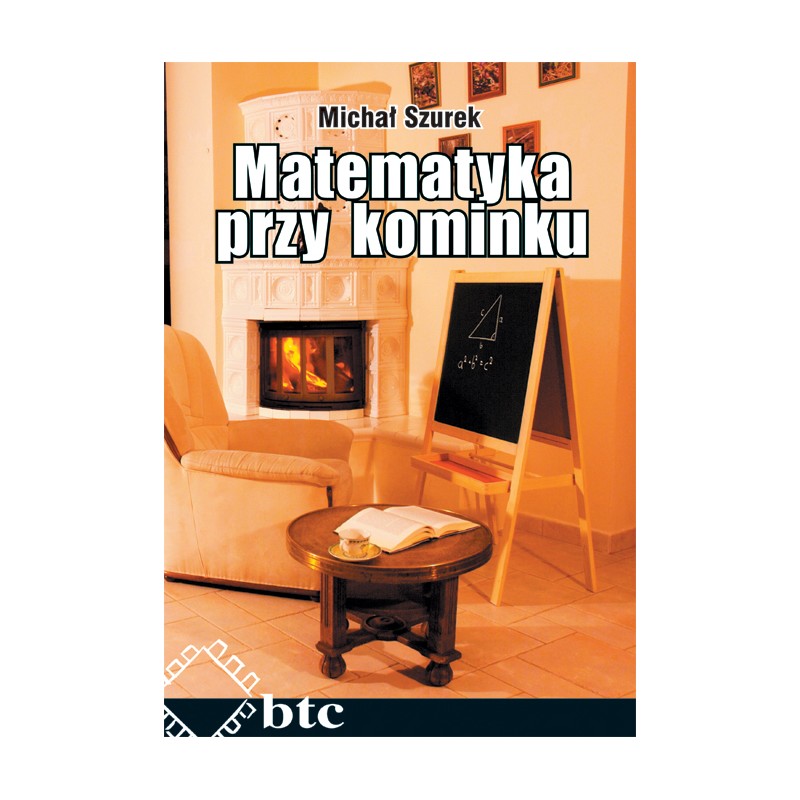

Author: Michał Szurek
ISBN 978-83-60233-33-7
Format: B5, 272 pages
Hardcover
BTC publishing house
Legionowo 2008
This book is about mathematics, actually more about what the author associates with mathematics. Thus, there are both school tasks and numerical curiosities in the book, excursions in "university" maths, reflections on the philosophy, sociology and ... literary theory and jokes. It is written in a way that is far from the dry lecture of the Queen of Sciences, which is still mathematics.
Everyone will find something for themselves ... and certainly everyone will find something that will not interest him or will be too difficult.
Excerpts from the book:
"(...) the sign, the symbol is supposed to facilitate understanding, it is supposed to suggest and remind. Imagine only that road signs have been replaced by the inscriptions >> here you must not drive in», >> after the island you have to turn right <<,> > the fastest speed, with some you can now drive, is sixty kilometers an hour <mindful << - consciously, or unknowingly associating it with blood, and the consent is the color of the forest, hideout among the leaves.
The history of mathematical markings is interesting. The sign + as a Latin abbreviation et and the sign - (minus) was first used in the textbook of the commercial arithmetic Behende und hübsche Rechnung auf Allen Kaufmannschaft by Johannes Widmann (Leipzig 1489). These signs did not yet mean arithmetic activities as such, only the excess weight and the underweight grain sacks - 4 centnars plus 5 pounds meant that the bag, which should weigh 4 centnars, weighed five pounds more. The dot as a sign of multiplication comes from William Oughtred (1631), and even later is the record of equality in the form of two parallel lines. Before that, eq was written. The sign of the integral, well known to readers, is a stylized letter s; because the integral can be treated as an infinite sum. (...) "
"(...) The secretary of a well-known company has been dismissed from work every day. >> Please, just put these letters in envelopes and send them in. Envelopes are already addressed, just put in the letters and quickly, because the taxi is waiting downstairs, and the counter beats at your expense <> your letter. (...) "
Manufacturer BTC Korporacja sp. z o. o. Lwowska 5 05-120 Legionowo Poland sprzedaz@kamami.pl 22 767 36 20
Responsible person BTC Korporacja sp. z o. o. Lwowska 5 05-120 Legionowo Poland sprzedaz@kamami.pl 22 767 36 20
Robert Brzoza-Woch
Tomasz Jabłoński
Waldo Cohn, Kivie Moldave
No product available!
Robert Nowak, Andrzej Pajak
Andrzej Chrzęszczyk
Bogdan Miś
Marek Sawicki, Paweł Wujek
Sławomir Kacprzak
Grzegorz Blinowski

Michał Szurek
